All eyes are on you. Why? You just got scored on.
If you play goalie in lacrosse, this will happen. We’re defending a goal that’s 6′ by 6′ and the lacrosse ball is only 2.5 inches in diameter.
Factor in that offensive players can quickly change the angle of their shots in fractions of a second and as goalies we’re presented with very a difficult task.
Shutouts in lacrosse are basically a unicorn. Since 2007 in college division 1 lacrosse there have been exactly 5 shutouts. 9 years of games, 5 shutouts.
So as a goalie, we know we’re going to get scored on. It’s what happens next that defines who you are as a leader.
I’ve often called the moment after a goalie gets scored one of the most important in the game. Because it can determine your success or failure. It can determine the success or failure of the entire team because of the importance of the position.
How do you react when you get scored on?
Are you the type of goalie who pouts? Slumps his shoulders and starts yelling at the defensive team member who was late to slide?
Or are you the type of goalie who confidently scoops the ball out of the net, flips it backs to the ref, does a quick analysis of why the goal was scored and then on moves on?
The purpose of this post is help you move from the 1st reaction towards the 2nd reaction when you inevitably get scored on.
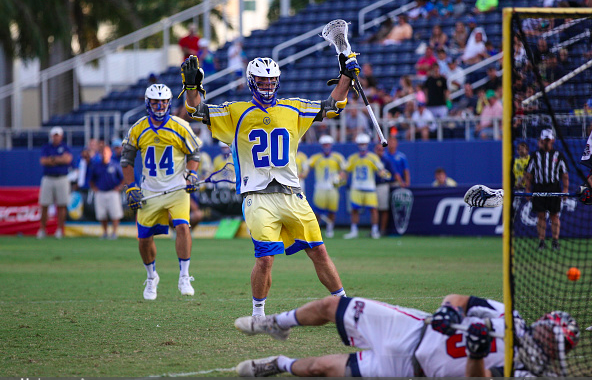
I’m a big proponent of routines for lacrosse goalies.
I think every lax goalie should have a pre-game routine that they follow religiously whether you’re playing in the championship game or against the last place team.
I also believe that a lacrosse goalie should develop an in-game routine for when they get scored on.
And this post-goal routine should be followed no matter whether the goal was a 99 MPH crank to the corner or a super soft shot you missed.
You may have heard a lacrosse coach tell you that goalies need to have a short memory, to immediately forget. While this is a good concept, I think its incomplete.
I do think goalies should take a few seconds to reflect on the play that just led to a goal.
I recommend this approach.
Analyzing Mikka Kiprusoff’s Post Goal Routine
I was reading an article about hockey goalies and the author discussed how Mikka Kiprusoff had the best post-goal routine of any goalie in the NHL.
He’d flip up his mask to reveal an absolutely emotionless face.
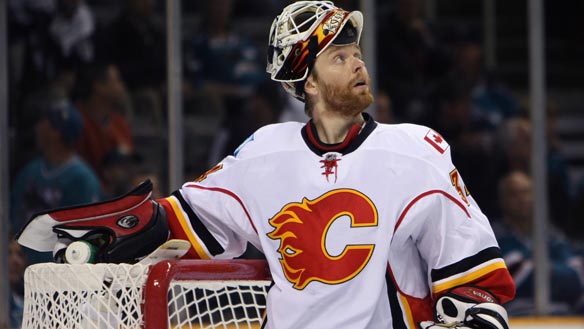
Then he would look at the jumbotron to watch the goal once. Take a sip of water, flip his mask back down, get into his stance and get back to work defending the goal.
This is a great post-goal routine and the concepts are something that lacrosse goalies can adopt into their game. Even though its a different sport, the mental aspect of lacrosse and hockey goaltending is pretty much the same.
Here’s a good post-goal routine for lacrosse goalies modeled after the one Kiprusoff used.
First – Remain unemotional. Getting pissed off because you let in a goal or a defender didn’t slide is not going to help anyone, let alone your game.
When a goal goes in we need to remain unemotional. It’s hard, no doubt, but that’s what elite goalies do. Remaining unemotional allows us to stay calm and reflect on the situation.
Showing signs of weakness after a goal like shrugging your shoulders or displaying bad body language is a non-verbal signal to your teammates and to the opposing team that you lack confidence. Opposing players and fans will especially feed off this.
Remaining unemotional helps the lacrosse goaltender stay mentally in the game and be ready for the next opportunity.
The great thing about lacrosse is you could give up 15 goals but the ability to bounce back and make a key save could still result in a 16-15 win for your team.
Second – Take a couple of seconds to consider what you could have changed to stop the goal. Pretty much all lacrosse games will not have the benefit of viewing the replay on the jumbotron like Mikka so do a mental reflection of the play that just led to a goal.
It’s important to just take a few seconds to reflect. Later when you’re reviewing game video you can thoroughly analyze each play and each goal given up.
Your review should only focus on what you can control moving forward. Did you guess instead of react to the ball? Did you not properly communicate with your defense? Where you not focused on the ball? Where you not in a good lacrosse goalie stance when the shot was released?
Focus on how you can improve from the experience through actionable reflection.
Your review should only focus on what you can control moving forward. For example, if the shot ricocheted off a defender’s stick and went in or a bounce shot took a horrible bounce, those are things you CANNOT control.
So after every goal given up do take a couple of seconds to consider what you could have changed to stop that shot? Then move on.
Third – Get back to work! After those first two steps its time to regain your unshakeable focus.
When the whistle blows for the next face off we as goalies already want to be back in flow.
I often teach Focus Anchors to my goalie students to help them recapture their focus after a goal or to stay in the zone during the game.
Focus Anchors are positive affirmations that you say or do that help goalies stay focused. They help a goalie stay focused on the task at hand and can help other athletes do the same. A few examples might be saying the following to yourself –
- “I relentlessly focus on the ball”
- “Stay square to the shot”
- “Attack the shot”
- “Eye, Thumb, Ball”
Just little reminders of what you need to do to be successful and only focus on what you can control.
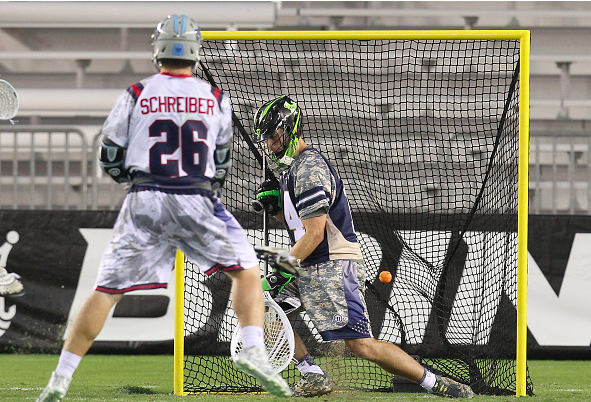
In the same way that a lax goalie must remain positive with himself after a goal, he/she must also ensure the team remains positive.
The personal post-goal routine I discussed in the previous section can also be applied to the defensive unit.
- Ensure everyone remains positive
- Quick reflection on what you would have changed
- Get back to business
Lacrosse defensive units should have a routine of having a quick meeting after each goal where you quickly discuss what went wrong and what adjustments are needed to fix the issue.
Perhaps the slide came late – “Fellas, let’s get that slide a second sooner”.
Perhaps the team slid too early on a player scouted as a feeder – “24 is a feeder. We’re GOLD on him”. Our team always had code names for the defensive packages so teams couldn’t immediately know what we’re talking about.
Or perhaps the defense was perfect and you just let in a soft shot from 15 yards out – “Guys great D. That one’s on me. I got next time”. Back to work.
Dealing with the team is certainly a difficult task but that’s what being a leader is all about. Each team is likely to have that one defender that gets pissed and starts yelling or throwing his stick after a goal.
But it is the goalie’s job a leader to help him remain positive. It starts by setting the right example.
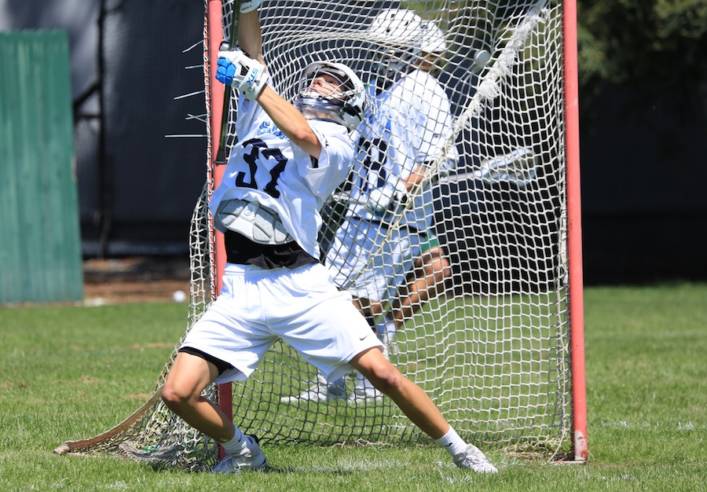
As a goalie, if you’re expecting to pitch a shutout – give up 0 goals – than each goal you give up will be pretty devastating.
By the time you’ve given up your 10th goal you’re likely so mentally distraught that you’re not playing well.
But what about if you and your coach decided that in order to beat the opponent you were facing you only had to hold them to 10 goals. Your offense could get 11.
Now as you give up goals you’re not as mentally wrecked because you have a more realistic target in mind.
Too many lacrosse goalies enter a game with the idea of giving up 0 goals. If this was ice hockey or soccer, ok maybe a shutout is a realistic target but that’s just not how the sport of lacrosse works.
I think it helps to set a more realistic target in your head before the game. How many goals can our offense score? What’s a good number of goals our defense can give up?
Then as you give up a goal, you’re still within your target and you can continue to focus and stay in a positive mental state of mind throughout the game.
All lacrosse goalies will give up goals. So learning to deal with the situation is an extremely important part of a goalie’s game.
As lacrosse goalies we must learn the art of letting go of mistakes. Perfection and shutouts are what we strive for, but they are never expected.
Instead develop a strong post-goal routine that involves an unemotional reaction, some quick reflection, and then get right back into the flow.
Until next time! Coach Damon
What is your post-goal routine? Let me hear in the comments.








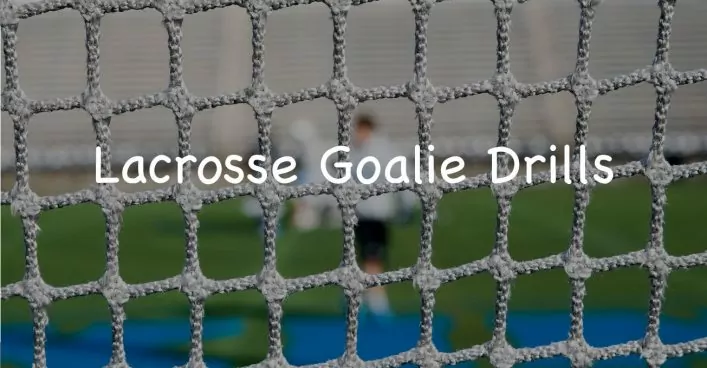 14 Amazing Lacrosse Goalie DrillsAug. 1, 2024
14 Amazing Lacrosse Goalie DrillsAug. 1, 2024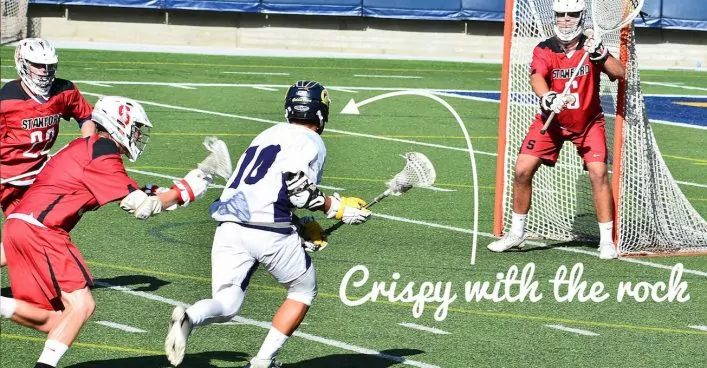 Quick Guide To Lacrosse Slang TermsApril 14, 2025
Quick Guide To Lacrosse Slang TermsApril 14, 2025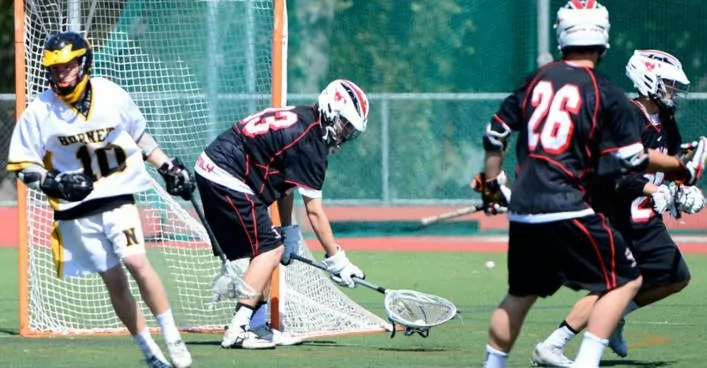 Lacrosse Goalies Rules To KnowJune 28, 2022
Lacrosse Goalies Rules To KnowJune 28, 2022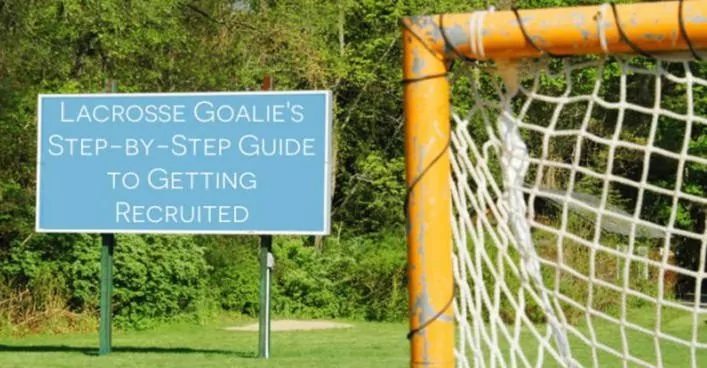 Lacrosse Goalie Step-by-Step Guide to Getting RecruitedFebruary 6, 2022
Lacrosse Goalie Step-by-Step Guide to Getting RecruitedFebruary 6, 2022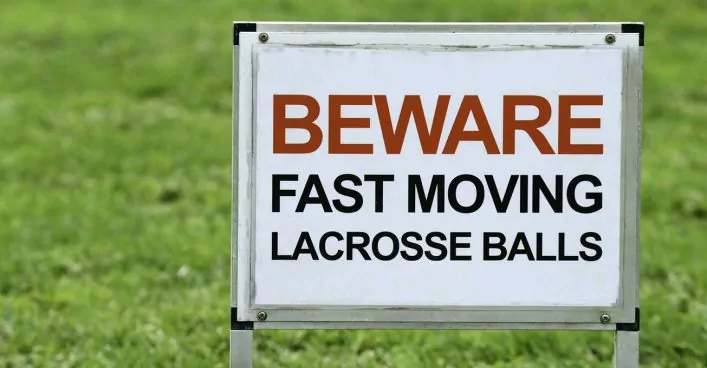 18 Lacrosse Goalie Drills to Improve Your GameApril 24, 2025
18 Lacrosse Goalie Drills to Improve Your GameApril 24, 2025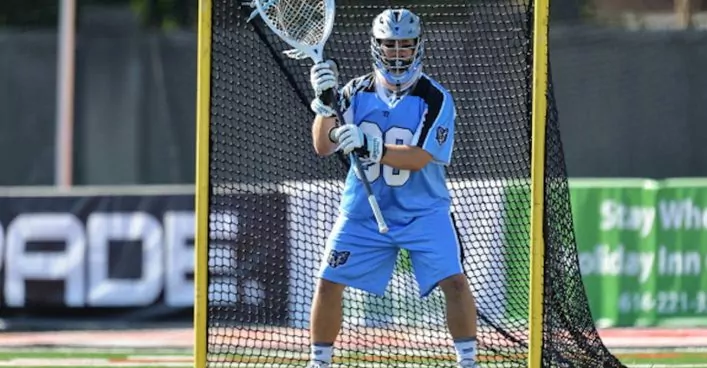 7 Elements of a Great Lacrosse Goalie StanceAug. 1, 2020
7 Elements of a Great Lacrosse Goalie StanceAug. 1, 2020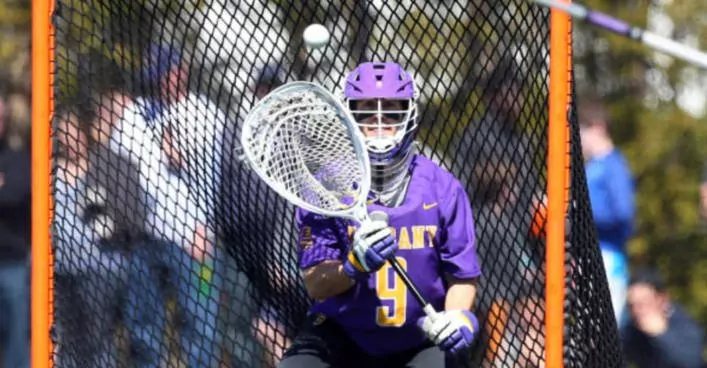 12 Lacrosse Goalie Tips To Take Your Game to the Next LevelSeptember 10, 2024
12 Lacrosse Goalie Tips To Take Your Game to the Next LevelSeptember 10, 2024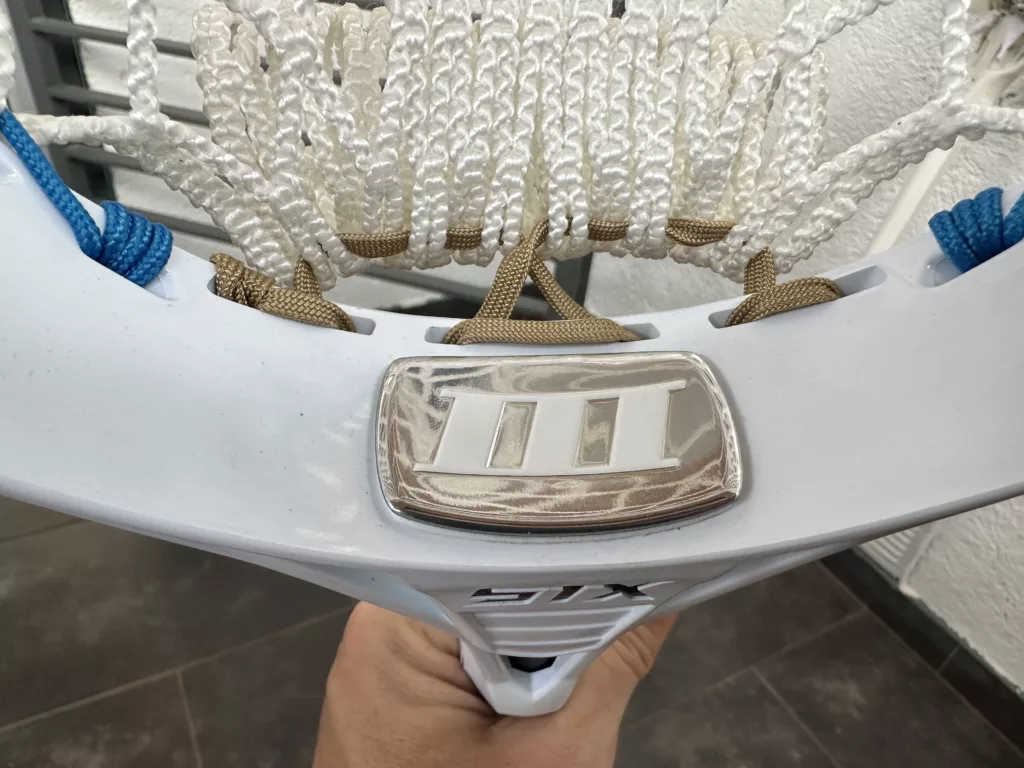 STX Eclipse 3 Goalie Head ReviewApril 24, 2025
STX Eclipse 3 Goalie Head ReviewApril 24, 2025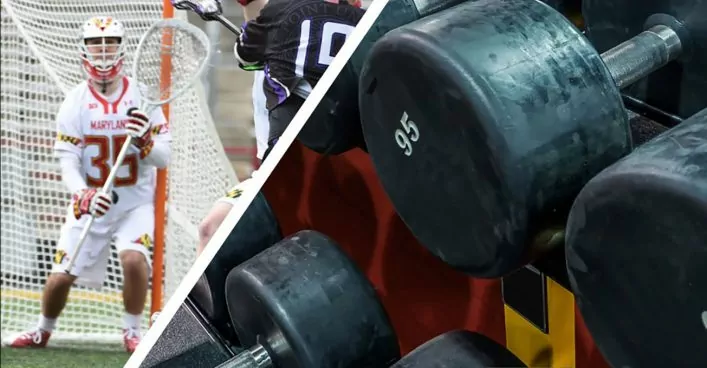 Lacrosse Goalie WorkoutAug. 12, 2019
Lacrosse Goalie WorkoutAug. 12, 2019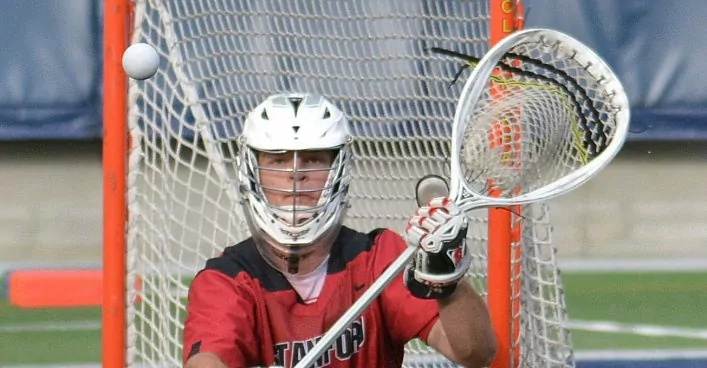 The Basics of Making a SaveJune 29, 2021
The Basics of Making a SaveJune 29, 2021


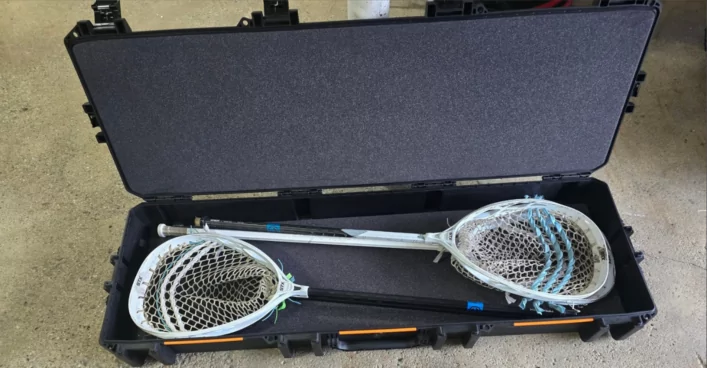
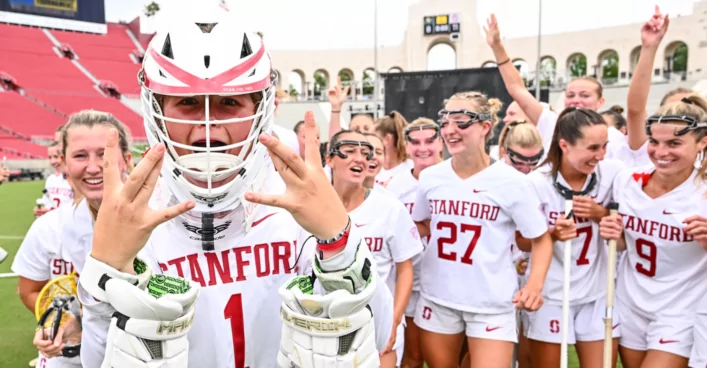
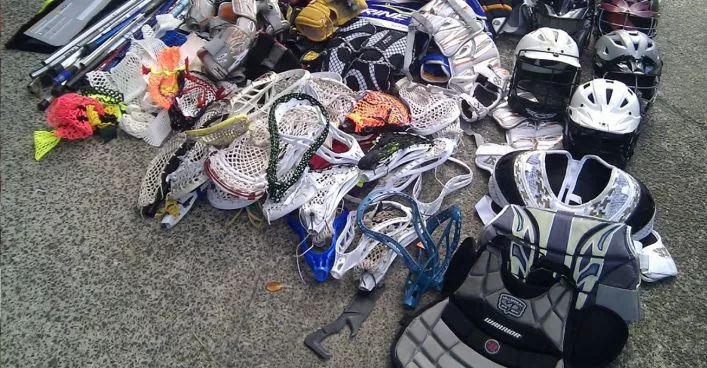

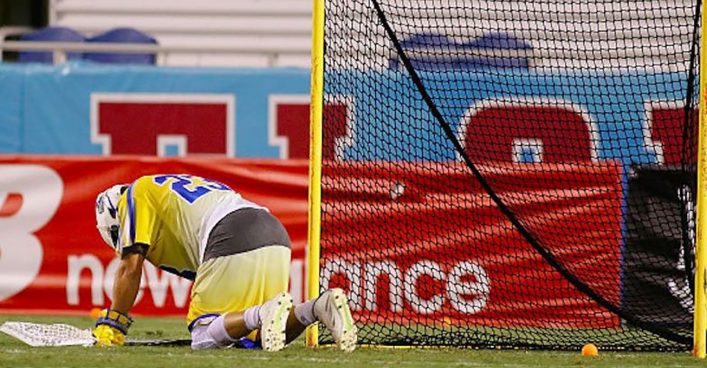
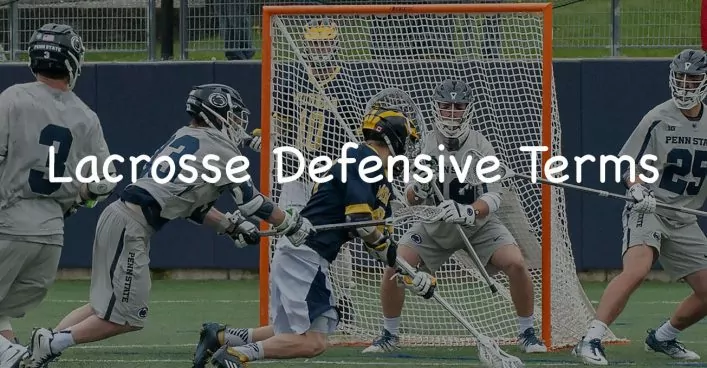
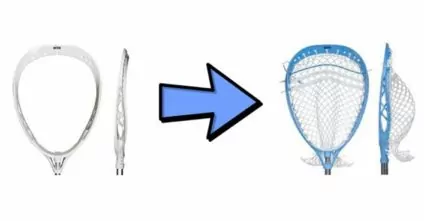
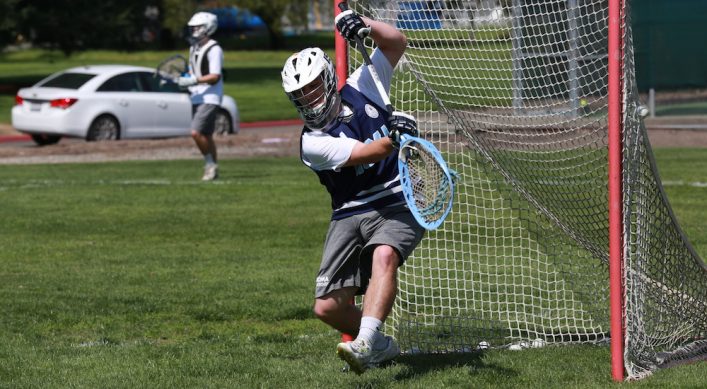








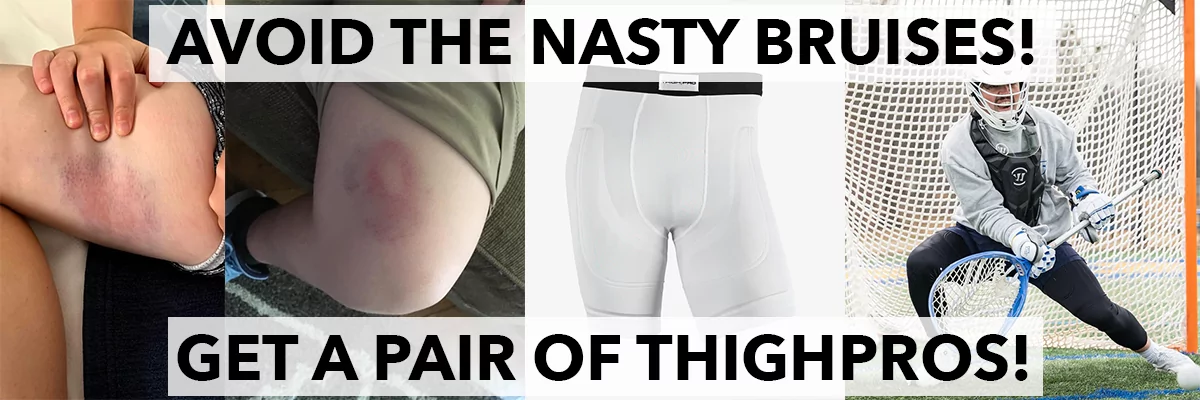

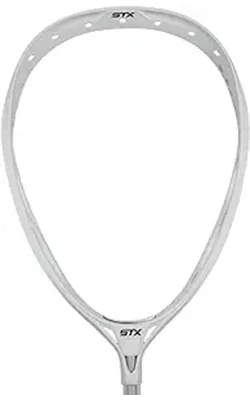


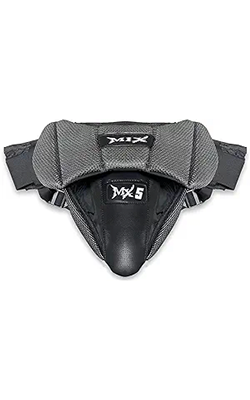

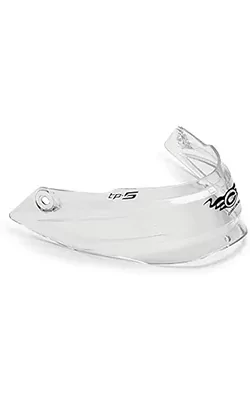


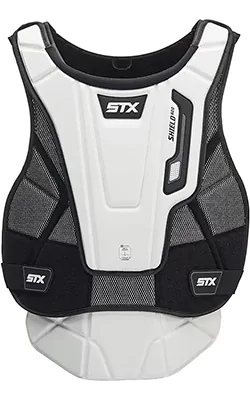

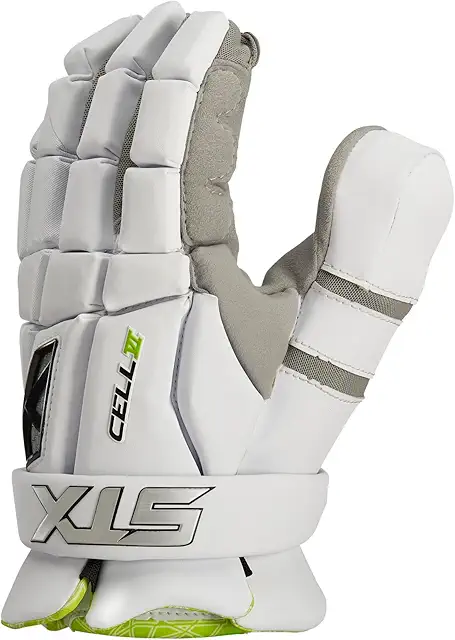
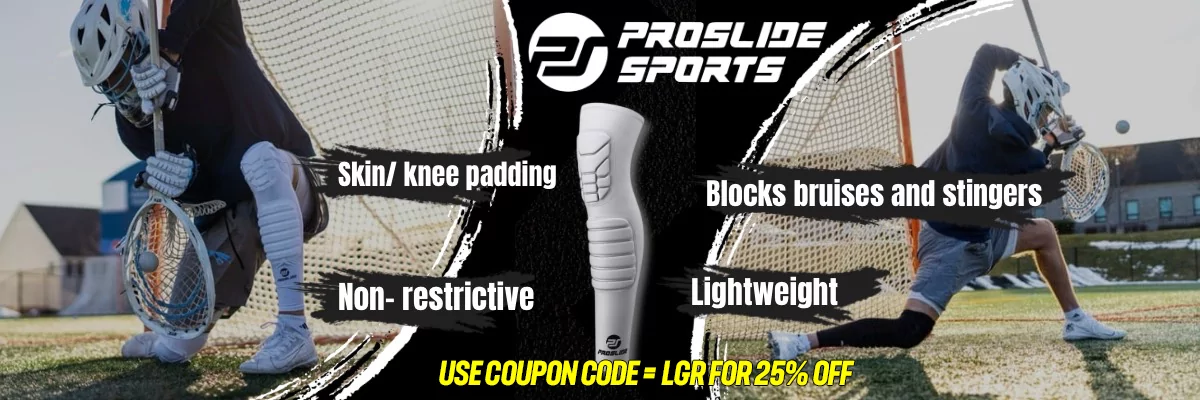

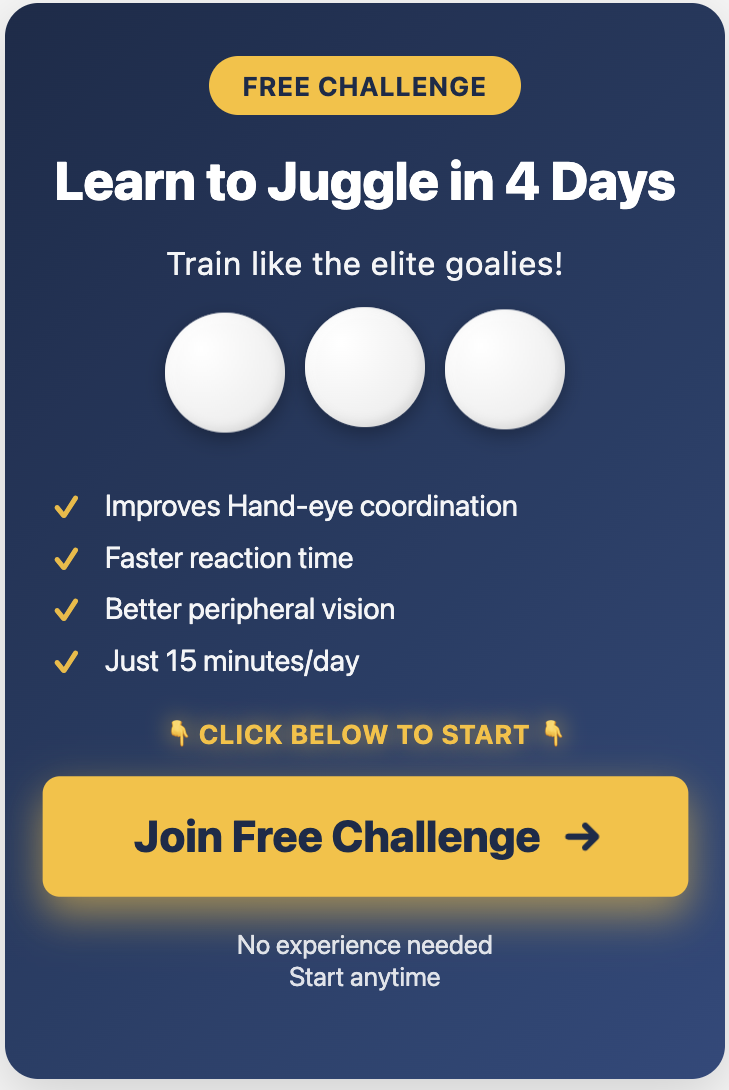




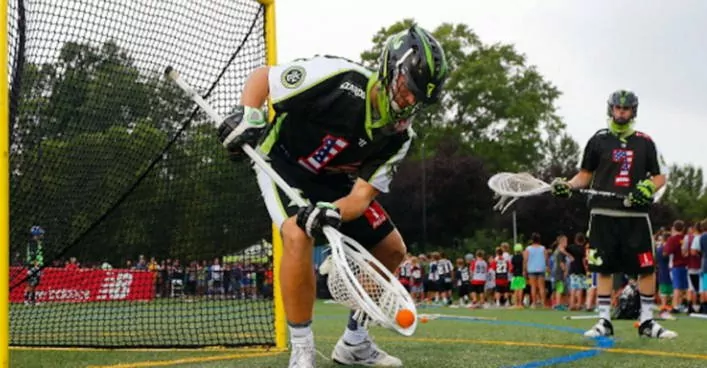
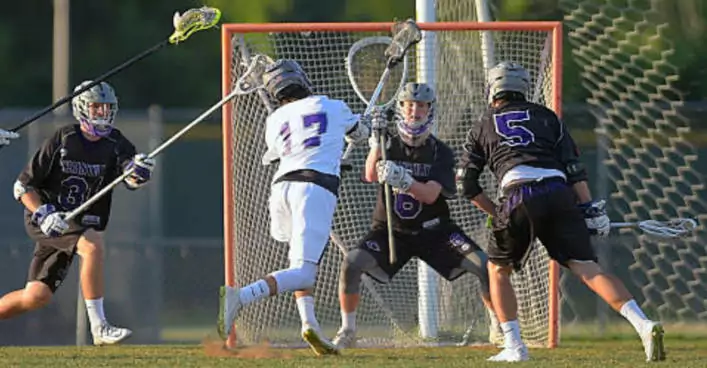
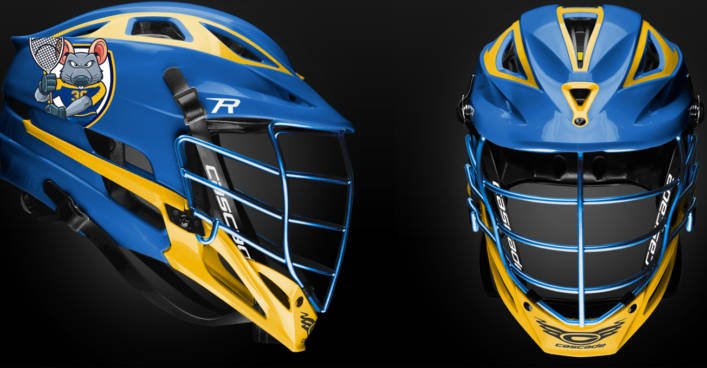
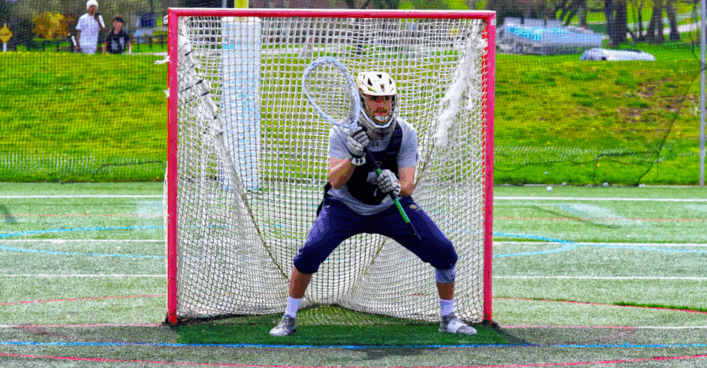
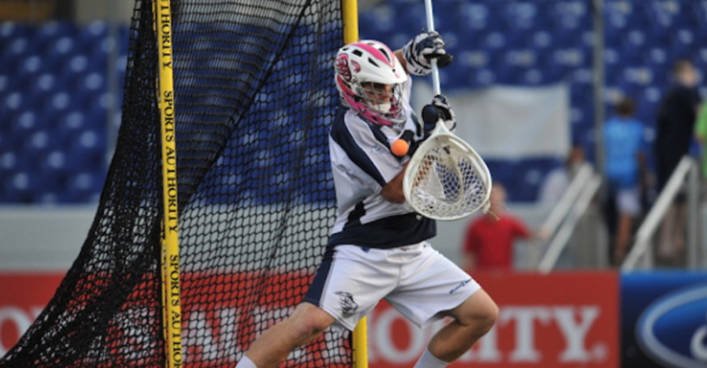




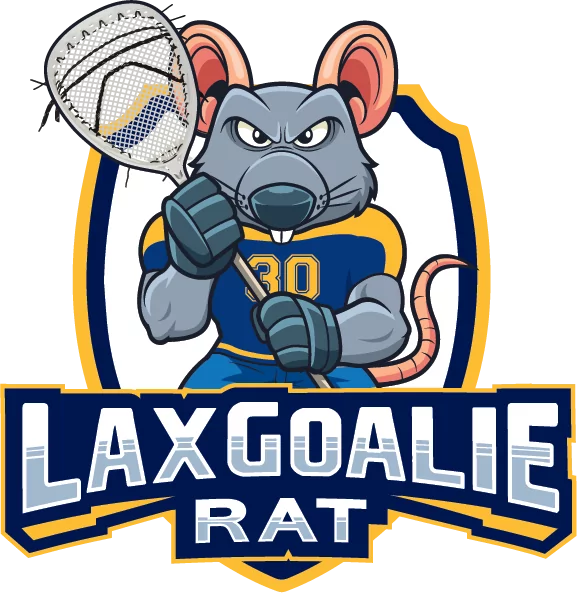




Great post! Really helpful information.
Thanks Chris. Glad you liked it.
Fantastic information–thank you for sharing your wisdom!
No problem Katie! Thanks for reading.
Thank you so much! This was a very helpful blog and had a lot of good info. This will really help me during a game.
Thanks Lucas! Glad you found the blog.
That reaction is something i have to work on. But thanks for the guide on how to react!
No problem Tom. Controlling your emotions after giving up a goal is a hard thing for us goalies to do. Good luck. Thanks for the comment.
Thanks for the tips! I coach high school girls and primarily the goalies and defense. This will help me greatly this season!!
You’re welcome John! Glad this post helped you. Good luck in the upcoming season!
I just switched to goalie from big stick. In my first game I made some good saves and it boosted my self-esteem, but the other goalie was lit up like a Christmas tree. My question is what is the actual average save percentage an average goalie has per game? I saw Rodgers was .6 so 40% of the shots were a goal.
Thanks
Save percentage differs by level normally getting worse as the level gets higher because shooters can rip it faster and more accurate at the higher levels. Last MLL season John Galloway led the league at 56%. I think the NCAA leader was low 60’s.
Thank you this post is definitely helpful. I think lot’s of goals are given up when a goalie can’t move on from the last goal. This is definitely going to be useful thank you !
I would agree with that Collin. Thanks for the comment.
Thanks a lot for this Coach Damom it will help a lot this by far is probably my biggest weakness. And do you have any tips for a lacrosse goalie who wants to play college lacrosse, thanks again.
My pleasure Luke, glad you liked this post. As far as tips for college lacrosse – 1.) improve your goalie game – be the best goalie you can be 2.) get good grades. Read this post too – Guide to Getting Recruited.
is it normal to start a game and not knowing why you just can’t put your mind in the game and how would you destroy this feeling ?
Perhaps you’re overthinking? Do you enjoy lacrosse? Just relax and enjoy this beautiful game.
Preparing for the world games in Netanya, doing some more focus on mental stance and reaction/vision after shredding the gym(still doing that too). This helped me a lot as i came up with some demons when giving up goals. Trying to find the sweet spot between beeing alarmed and chill! thanks coach!
Awesome Cedric! What team do you play for?
I had a huge slump in my last game and could not get my head out of the gutter. It got worse with each goal. I was even still down the next day, replaying each goal I gave up. Yup, I was expecting to not give up more than 2 goals and put a so much pressure on me that I forgot to enjoy being a goalie. Thanks for this post. I am looking forward to a better mental game this weekend.
Great ideas and processes. Tips I’m going to add to my regular weekly games. I’m a hockey rent a goalie. Nights like tonight misplacing a loose puck in front of my crease that ended sliding past me into the net ruined my night.
Could not just forget it and it steered my mind and game off course. Kipper was great to watch in his hay day. 2004 playoff run to the Stanley cup finals was epic. Thanks again on the tips 3 r’s review, reset , re- focus. Take care from nova scotia.
Awesome thanks Nathan!
That part about shutouts being unrealistic and what they do to a goalie’s confidence vice expectation was insanely helpful. It’s something I plan to discuss with my son to help encourage positivity in game. Great blog!